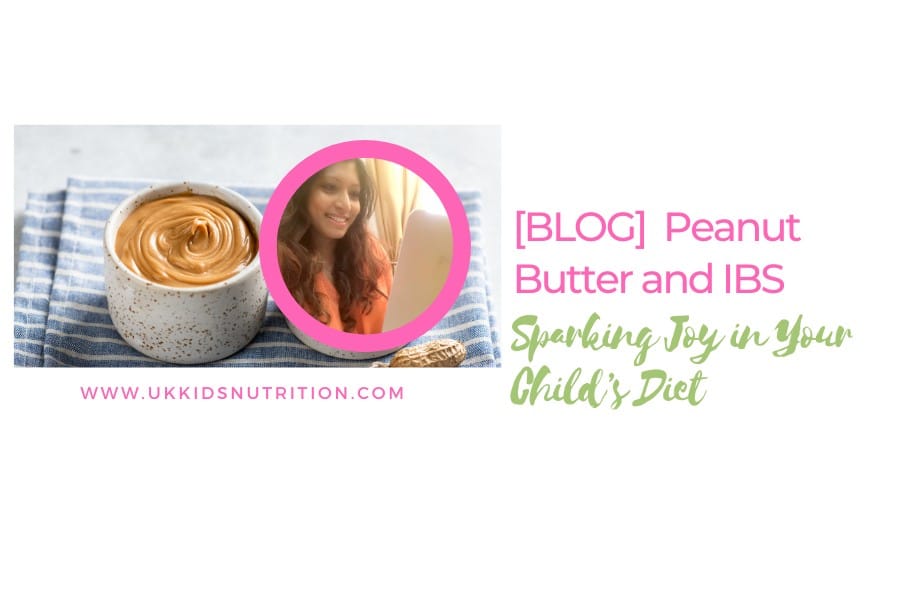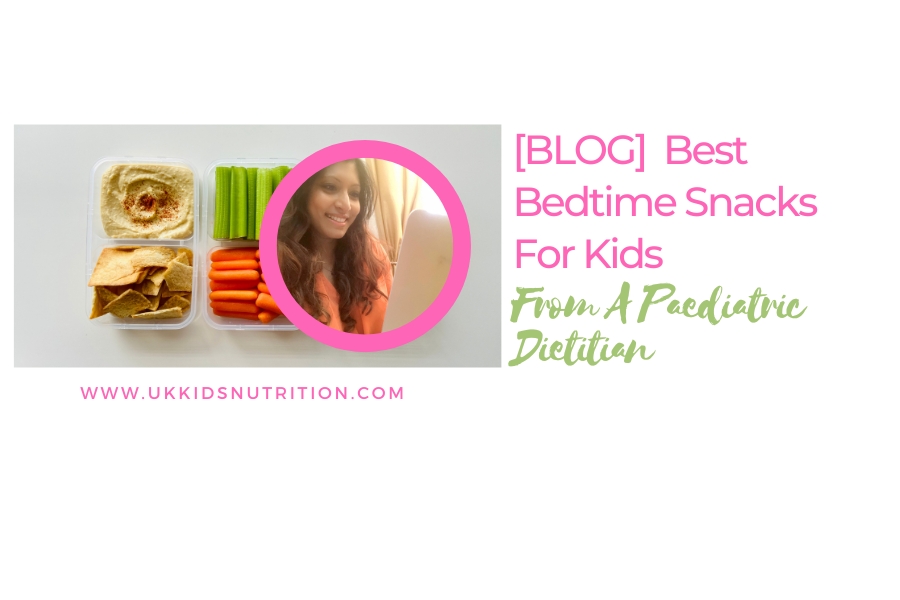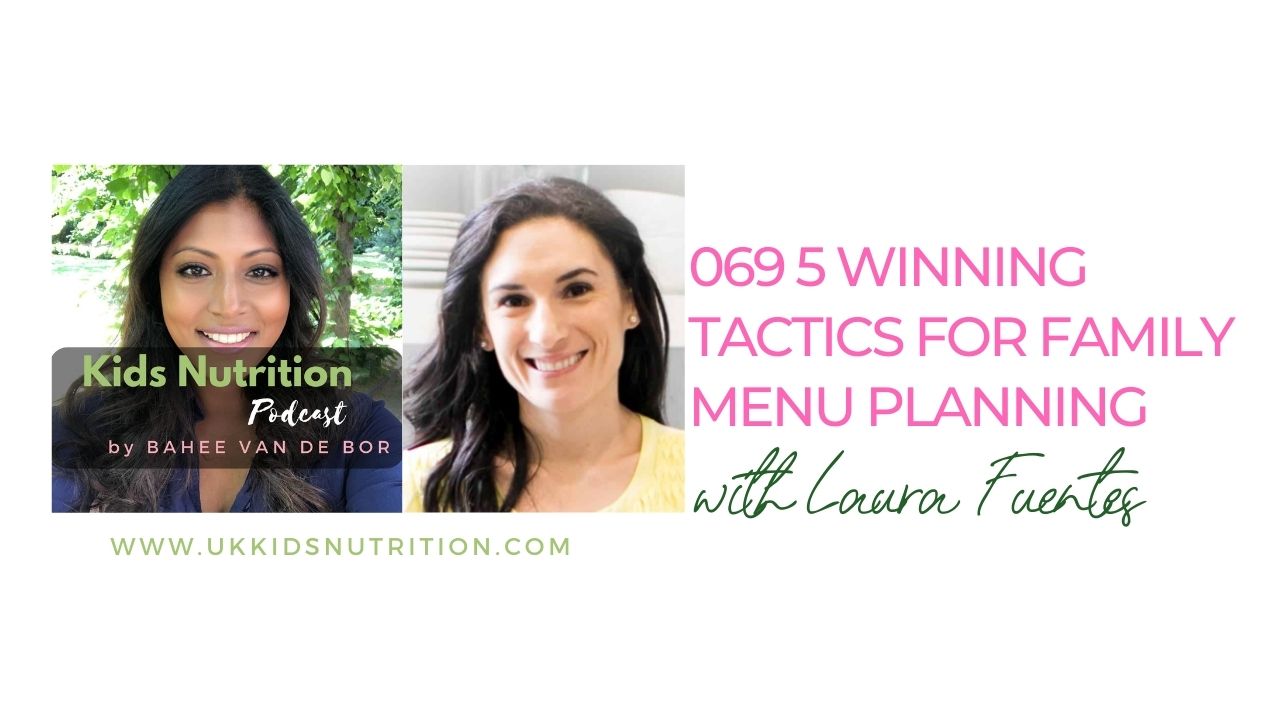/![]()
ARE YOU CARB SMART?
If you are pondering over this question then you need to read this blog post.
Don’t have time? Save it. Bookmark it for later, and catch the replay of the Facebook Live on carbs.
You’ll be glad you did, especially if you want to know the real truth about carbs.
“Today I’ll be sharing the real truth about carbs and why you should select the right carbohydrates for your child.”
Busting carb myths
If there’s one question that I get asked a lot by readers and clients it’s “are carbs bad for you?” and “why should my kids be eating them?”.
So today, I am going to answer exactly that.
But I’m going to warn you, you’ll need to keep an open mind about this emotive topic.
I know that you will value my honest and expert opinion on the real truth about carbs, so let’s get into it.
One myth that I am keen to dispel today is that carbs are not bad for you.
But first, let’s find out what the word carbohydrates really mean and whether they are essential for your child’s growth.
It might sound like a lot of scientific jargon, but it helps to understand the science behind carbs. So read on to find out.
What are the main carbohydrates?
In the world of nutrition, carbohydrates are essentially a group of molecules of sugars, starch and cellulose.
Carbohydrates are chemical structures called saccharides and exist in any of these four groups:
- monosaccharides
- disaccharides
- oligosaccharides
- polysaccharides
Mumbo-jumbo you say? Let’s talk about real food for a second. Fruit, for example, is a carb. It contains both glucose and fructose which are monosaccharides.
Honey that you pour into your child’s morning porridge is a type of sucrose, whilst milk in the porridge contains a carb called lactose.
You might refer to lactose as ‘milk sugar’. You will also find it in dairy products like natural or Greek yoghurt. Sucrose and lactose are in the disaccharides group.
The last in the technical carb series that I’d like to mention are polysaccharides. They are complex chemical structures containing glucose molecules that are joined together. You might refer to this group as starch.
There’s also glycogen, another important type of polysaccharide.
What’s glycogen? In your body, excess glucose is temporarily stored in your liver and muscles in the form of glycogen. We’ll be chatting a little more about glycogen further into this article.
What are simple and complex carbs?
You may hear dietitians and doctors talk about ‘simple’ and ‘complex’ carbs which make unravelling the real truth about carbs a little confusing.
What we really mean is that simple carbs are foods predominant in sucrose or ‘sugar’.
You may hear me say this in a clinic or in a Facebook Live.
In simple carbs, there are low quantities of the high quality nutritional compounds per mouthful of food.
That’s because high sugar foods like sweets or candy, fizzy drinks and baking taste great but usually demonstrate a poor nutrient profile of vitamins, minerals and dietary fibre, you got it – per mouthful.
This includes some of the trendier sugars such as ‘raw honey’ or coconut sugar so don’t fall for this sugar trap.

Complex carbohydrates, on the other hand, tend to be starchy vegetables, legumes and cereals that are packed with fibre and house a diverse range of vitamins and minerals.
Fresh fruit is also included in the ‘complex carbs” list. There’s more to each mouthful than just ‘sugar’ so your body needs to work harder to break down all of the different nutrients.
The good news? If your body needs a little more time to break down starch into glucose, then blood levels of glucose are maintained at a steady rate.
Children are also less likely to complain of hunger or suffer from poor concentration levels at school.
To juice or not to juice?
Now here comes the tricky part. Fruit juice is a great source of some of the B and C vitamins but it is also based on fructose.
Fructose can be broken down into glucose relatively quickly and is perfect for treating hypoglycaemia or low blood sugar levels that children with diabetes can experience.
Even 100% fruit juice is essentially a ‘simple’ sugar but it does offer some nutritional benefit. I say, teach them to reach for the water first or order it at restaurants.
More tips are in my article 7 Tried-and-Tested Ways to get your toddler to drink water.
What you need to know is that fructose appears nourishing through fruity eyes, but it behaves like table sugar once it hits the stomach. It’s digested rapidly and increases blood glucose levels within 20-30 minutes.
Some studies have linked weight gain with excess intake of juice, therefore Public Health England is right to urge parents to go easy on the juice.
Always dilute and limit to one small glass (125ml) with a meal but try not to offer it more than once a day.
What is glycogen?
Insulin, a hormone present in the organ called the pancreas is the true sugar police in the body. It works hard to maintain children’s blood glucose levels within a tight ‘normal range’.
Any excess eaten is cleverly stored in the liver as glycogen for a short period of time.
Glycogen gets used up when it is released into your child’s blood in its former self, glucose. This usually happens when children sleep overnight or when they reduce their intake of food during illness.
Even during sleep, children require normal levels of blood glucose to feed working cells. The brain, heart and kidneys don’t get breaks, they really do have a full-time job and require a regular influx of fuel to function!
Glycogen also comes in handy during intense activity, such as sprinting, racing up a hill or high-intensity sport.
Having said that, when children eat large quantities of carbs over and beyond what their body needs, it will be stored as fat.
Just remember that when it comes to carbs it’s much easier to over-do the sweets and cakes than a balanced meal of potato, rice, slices of bread or pasta.
I mean seriously, have you ever met a kid who pigs out on say, wholemeal bread or potato? And I’m not referring to smiley potato faces and fries.
Do you see where I am taking you with this? It’s the preparation and portion sizes of carbs that’s important.
Carbs are not your enemy!
The type of carbs do matter and once you nail this, you won’t hesitate to include carbohydrates for the kids. It’s all part of the healthy balanced eating.
“Even during sleep, children require normal levels of blood glucose to feed working cells. The brain, heart and kidneys don’t get breaks, they really do have a full-time job and require a regular influx of fuel to function!“
To Book Appointments
Email: [email protected]
Are carbohydrates necessary for kids?
Yes, I hope you agree now that carbohydrates are absolutely essential for kids. The single main element that makes carbohydrates necessary is the fact that they provide energy.
Both starchy and simple carbohydrates provide roughly 4 calories per gram and once digested, are transported in the blood as glucose.
Glucose can now be delivered to cells in the body that require it for day to day activities, whether it be rest and sleep, concentration and thinking at school or day to day activities such as walking and speaking.
Did you know that your brain’s preferred source of energy is glucose? It’s readily available once digested and during sleep. Children’s bodies can also break down glycogen into glucose on demand to feed working muscles and major cells of the body.
So why label carbs as ‘bad’?
It’s all down to the confusion about the role of carbohydrates and the type that children should be eating.
BBC One’s ‘The Truth About Carbs’ shocked its viewers claiming that a jacket potato contained a dramatic 19 cubes of sugar. The chocolate muffin was also portrayed as having a little less sugar than a white bagel, but honestly, so what?
You now know that ALL carbohydrates are broken down into glucose or ‘sugar’. The jacket potato is still a source of dietary fibre. What’s more, is that children love potato so much that in the UK it is one of their main sources of vitamin C.
Here’s the good part, the potato is almost always eaten with fibre rich veg and protein foods like beans or cheese which helps slow down digestion and the release of glucose.
As for the choc muffin and bagel, both have added sugar and can be prepared using flour that’s low in fibre. Change the flour, use dark chocolate, add fruit or vegetables and voila the demonic carbs are now your angelic fuel for the kids! A completely different product after a nutrition makeover.
Carbohydrates provide ‘sugar’ but its essential for children and not all carbs are the same.
Can children live on a low-carb diet?
Life without carbs is possible, yet low carb diets such as the ketogenic diet are currently only offered to children struggling with drug-resistant epilepsy.
A true ketogenic diet is calculated by carefully balancing fats, protein and carbohydrates to force the body to use ketones, which is the end product of fat metabolism.
On this diet, the body stops relying on glucose and switches to using ketones as it’s a primary energy source. You will be learning more about the ketogenic diet in future blog series.
Which carbohydrates are best for kids?
Half of your child’s food should be from starchy carbs. This is the recommendation for optimal functioning but you don’t need to calculate the grams of carbs that your child needs to eat.
Just make sure that you include a portion of carbohydrates at every meal. For toddlers, here’s a brilliant leaflet on what normal portion sizes look like from the British Nutrition Foundation.
I know you are going to want to know which healthy starchy carbs your children should be eating.
I generally recommend a range of carbohydrates and ‘simple’ carbs are not always off-limits.
Let’s face it, children will ask you for sweets, cakes and biscuits and these can most definitely be used as part of celebrations and a balanced diet. So instead of hiding sugary foods from them, teach them how to eat it.
Learn how you can give into your toddler sugar cravings here.
You might have fallen for the sugar trap once, but why not focus on teaching your child how to enjoy a healthy relationship between all types of food?
Below is a list of carbs that you may enjoy referring to.
Remember to include vegetables and plant proteins with the meal to boost fibre levels.

Here’s the bottom line
Now that you know the real truth about carbs, join me in the end to carb shaming.
Grown adults can make their own decisions about food and should be respected for their dietary choices. But does it make sense to deprive growing kids of the single most important fuel of their brain, heart, lungs, kidneys, muscles and their entire body?
Healthy children need healthy starchy carbs and remember, all carbs are broken down to sugar so you don’t need to fear it. Just balance it and be very wary of any advice for cutting it out!
This blog post on ‘the real truth about carbs’ is the first article of a three-part series on carbs. You can join the newsletter to be notified when the next article on fibre and resistant starch is ready.
Final words
I hate the idea of being ripped off both for time and money with advice that just isn’t appropriate for kids. That’s where I come in. I am here to help you figure out the right balance of nutrition regardless of your child’s history of food allergies, reflux, picky eating or concerns around growth. Get in touch for a confidential consultation.
Click here to book a free informal chat with paediatric dietitian Bahee Van de Bor.
You can also hear me talk about carbs here on Facebook Live.
https://www.facebook.com/UKkidsnutrition/videos/1870978709627615/










